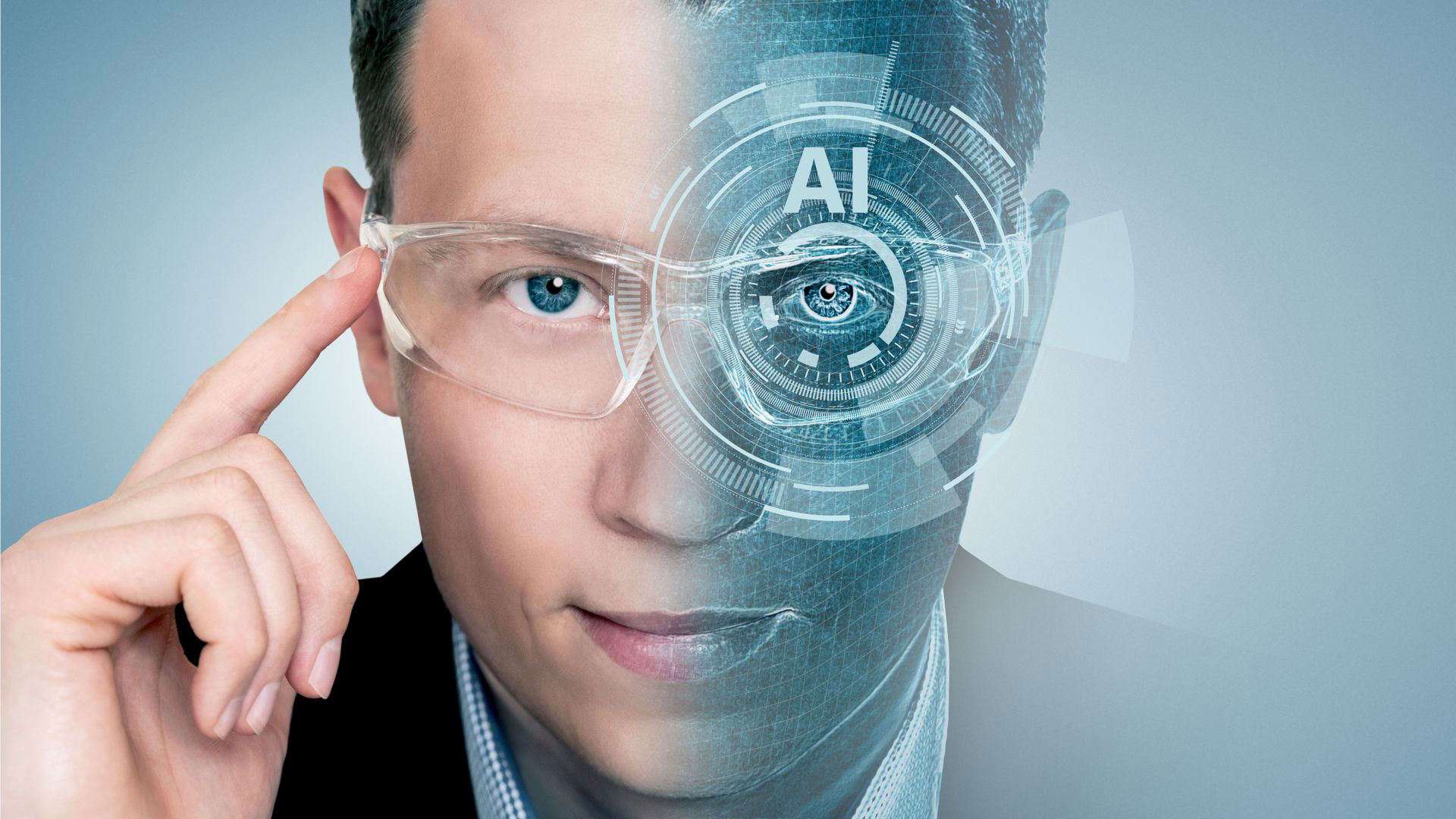The Rise of Machine Customers
In the near future, your customers may not be humans at all—they’ll be AI agents. As artificial intelligence becomes more autonomous, machines are starting to make purchasing decisions on behalf of people and businesses. From smart assistants to enterprise procurement bots, machine customers are real—and they’re growing fast.
How AI Is Changing Buying Behavior
Already, AI tools like Alexa, Siri, and ChatGPT help users discover, compare, and even buy products. In B2B, intelligent systems now handle inventory restocking, subscription renewals, and software procurement. These AI-driven decisions are faster, more accurate, and based on vast data—something human buyers simply can’t match.
Businesses need to rethink how they sell, market, and build trust with these new digital customers.
Are You Machine-Readable?
To sell to AI, you must make your business machine-readable. That means:
- Structured product data
- Clear pricing models
- Real-time availability updates
- API integrations and digital catalogs
AI buyers won’t scroll through websites. They’ll rely on logic, data, and performance. If your brand isn’t accessible or optimized for automated decision-making, it simply won’t be considered.
Trust and Transparency Matter More Than Ever
AI customers are programmed to prioritize quality, speed, and compliance. They’ll quickly filter out vendors with poor documentation, delayed responses, or unclear service terms. That makes digital trust signals—like verified reviews, transparent SLAs, and secure integrations—more critical than ever.
New Rules for Sales and Marketing
Marketing to machines means less emotion, more data. You’ll need to focus on:
- Machine-optimized SEO
- Clean, standardized product information
- Fast, responsive backend systems
Sales strategies must also adapt. Instead of traditional pitches, businesses will need to offer automated, API-first solutions that fit seamlessly into AI workflows.
Preparing for the AI Buyer Revolution
This shift is already happening. Forward-thinking companies are investing in digital infrastructure, AI-friendly platforms, and smarter product feeds. They understand that the next phase of growth won’t just come from human customers—but from the algorithms they trust.
Conclusion
AI is no longer just a tool—it’s becoming a buyer. As machine customers emerge, businesses must evolve to meet their expectations. If your products and services aren’t optimized for AI interaction, you risk being invisible in the next generation of commerce.
The future is here—and it’s not human.


